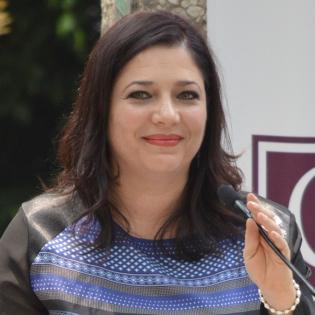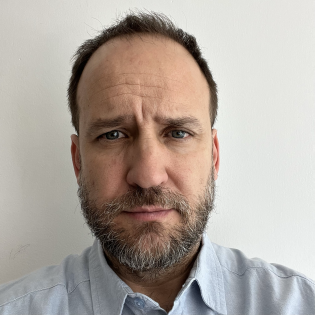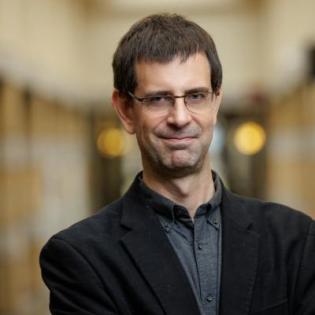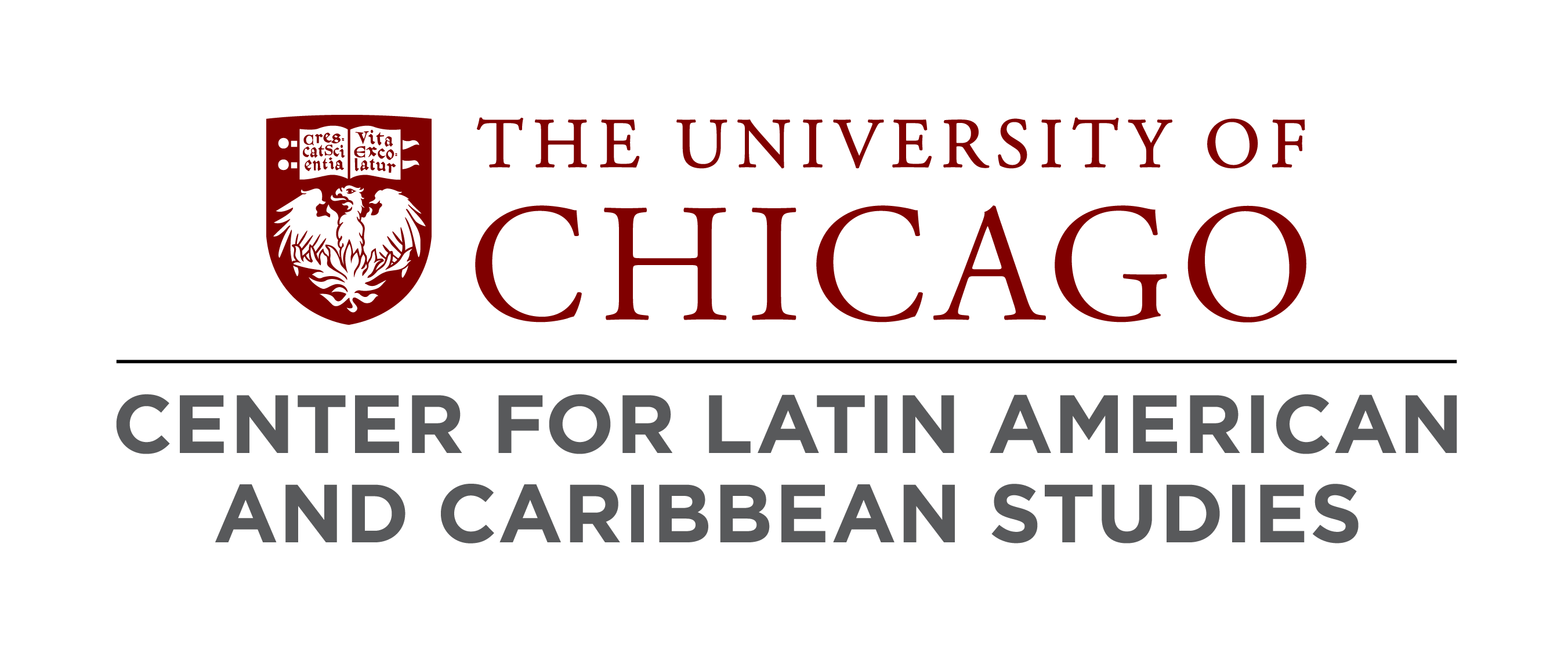Tinker Visiting Professors
Beginning in 1969, the Tinker Foundation endowed Tinker Visiting Professorships (TVPs) at five major universities in the United States – the first Latin America-centric endowed positions at U.S. universities. The program is designed to bring preeminent scholars, professionals, and regional experts residing in Latin America to the United States to encourage interaction and collaboration. Notably, the program seeks to promote exchange in a broad range of scholarly and generalist communities; Tinker Visiting Professors need not focus their work on Latin America per se. The professorship is intended to have the dual impact of enhancing the careers of appointed individuals as well as generating distinctive and meaningful experiences for students and faculty alike.
The mission of the Tinker Foundation is to promote the development of an equitable, sustainable, and productive society in Latin America. Tinker realizes its mission by providing funding to organizations working to address the region’s most pressing challenges.
The Foundation makes grants in the following program areas: Democratic Governance, Education, and Sustainable Resource Management.


Silvia Giorguli is a prominent sociologist and demographer who has been the president of El Colegio de México since 2015. She earned a B.A. in Sociology from the Universidad Nacional Autónoma de México, a Master's in Demography from El Colegio de México, and a Ph.D. in Sociology from Brown University. As a professor in the Center for Demographic, Urban, and Environmental Studies since 2003, her research has primarily focused on international migration in the Americas, transitions to adulthood in Mexico and Latin America, and the intersection of demographic dynamics, education, and public policies. Her scholarly work includes leading significant projects such as the "Mesoamerican Migration Project" and the "Recent Immigration Survey in Latin America", and she has served as the main investigator for the project "Access to social rights and return migration in Mexico". Additionally, Giorguli has held roles such as Senior Research Advisor for the State of the World Population 2023 published by UNFPA, and has participated in various prestigious academic committees, including the Scientific Academic Committee of the International Institute for Applied System Analysis in Vienna, and the Academic Committee of the Blavatnik School of Government at Oxford University. Her contributions to academia have been recognized with several awards, including the Medal Gabino Barreda from UNAM in 1993 and the Horace Mann Medal from Brown University in 2018.
She will be teaching International Migration in the Americas.

José Antonio Guevara Bermúdez is an expert in international law with over 20 years of experience in human rights, humanitarian, refugee, and criminal laws. He earned his Law Degree from Iberoamericana University and a PhD in Human Rights from Carlos III University of Madrid. Dr. Guevara Bermúdez has held significant roles in the Mexican Ministry of Foreign Affairs, the Coalition for the International Criminal Court, and academic positions at Iberoamericana University, among others.
His career includes extensive work as a diplomat, public servant, and human rights defender. He has led efforts in advocacy for the ratification of international treaties and the establishment of human rights mechanisms, contributing to significant legal reforms and policy developments.
Dr. Guevara Bermúdez’s academic contributions include numerous publications addressing the eradication of impunity for human rights violations in Latin America. His works, such as The United Nations and the Prohibition of Arbitrary Detention: An Introduction (2022), focus on achieving justice, truth, and reparations for past atrocities. Additionally, he has participated in designing protections for human rights defenders and individuals in vulnerable situations, and he has coordinated teams producing policy documents and reports for international bodies, including the International Criminal Court.
He will be teaching Impunity and Justice for Atrocity Crimes in Latin America.

Alejandro Bonvecchi is an adjunct professor in the Department of Political Science and International Studies at the Torcuato Di Tella University in Buenos Aires, where he leads as Director of the Program on Electoral and Legislative Studies. He also holds a position as an Independent Researcher at the National Council for Scientific and Technical Research (CONICET). Bonvecchi's research interests are centered on the decision-making processes of government elites, with a particular focus on topics such as fiscal federalism, legislative and presidential politics, the management of economic crises, and social policymaking.
Bonvecchi has made significant scholarly contributions, authoring five books and publishing extensively in journals such as Comparative Politics, Legislative Studies Quarterly, and Presidential Studies Quarterly. His works have been recognized in academic circles in the United States, Europe, and Latin America. His academic career is complemented by practical experience in the political field; Bonvecchi has served as an adviser to three cabinet ministers and two presidential candidates in Argentina. He has also worked as a consultant for prominent international organizations like the World Bank, the Inter-American Development Bank, and the Economic Commission for Latin America and the Caribbean.
A recipient of several prestigious fellowships, Bonvecchi was a fellow at George Washington University with the Fulbright Foundation, the Wilson International Center for Scholars, the German Institute for Global and Area Studies, and was a visiting professor of comparative economic policy at the Yale Program on Democracy.
Bonvecchi actively contributes to the academic community as a member of the editorial board for both Legislative Studies Quarterly and the Revista Ibero-Americana de Estudios Legislativos. He has also played a significant role in coordinating the Legislative and Executive Studies Groups at the Latin American Political Science Association. He holds a PhD from the University of Essex.
He will be teaching How Dictatorships Shaped Democracies in Latin America.
 THE UNIVERSITY OF CHICAGO
THE UNIVERSITY OF CHICAGO

